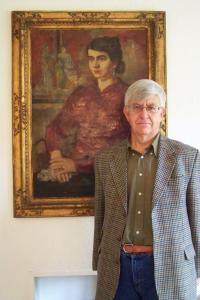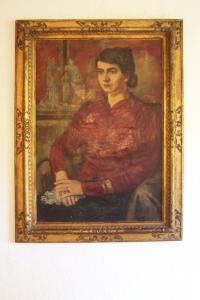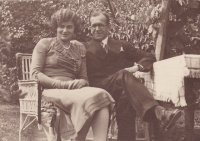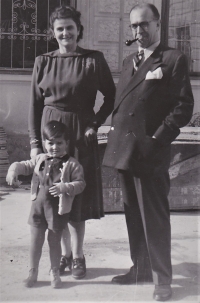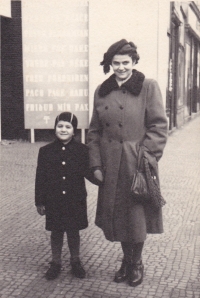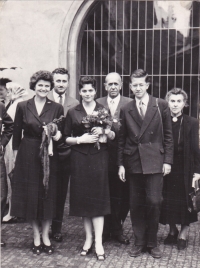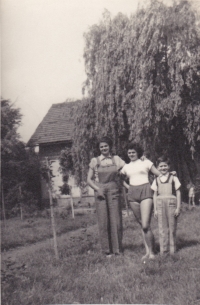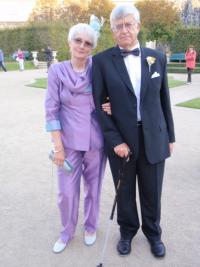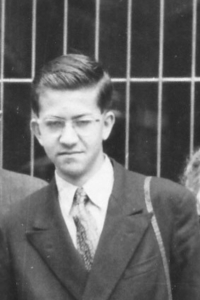Czech Scouting founder’s grandson did not return from London following the invasion of Czechoslovakia
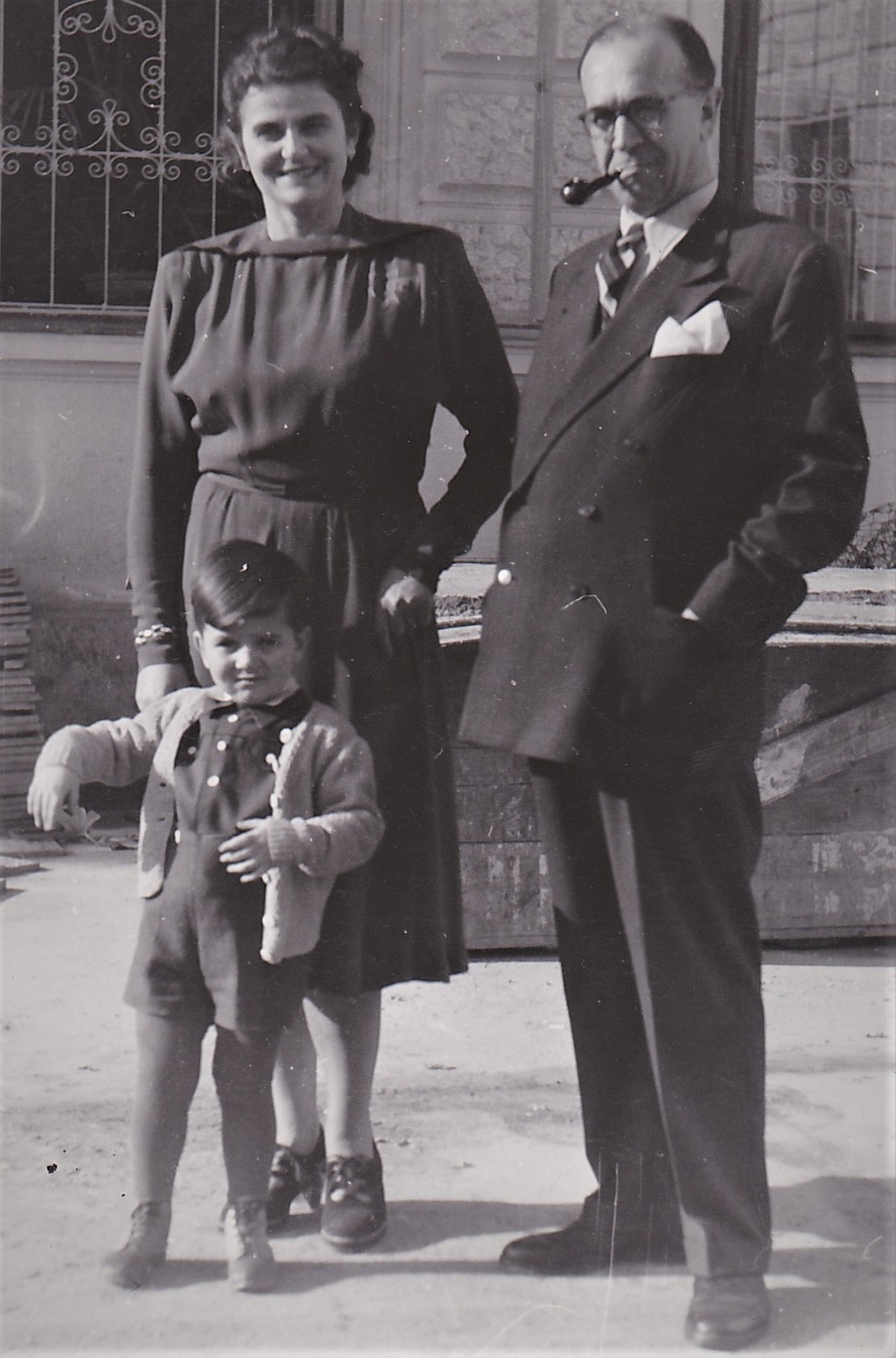
Download image
Antonín Stáně was born on November 16, 1944, in Prague. His parents were Vojtěch Stáně and Ludmila Stáňová, née Svojsíková. The witness’ mother was born into the family of Antonín Benjamin Svojsík, the founder of Czech Scouting, as the eldest child. After the Second World War, the witness’ father Vojtěch Stáně was posted at the Czechoslovak embassy in Vienna, and this is where Antonín Stáně spent his early childhood. After the communist coup of 1948, Vojtěch Stáně was forced to leave the embassy under pressure from the Party and ended up in a labourer’s job. After graduation from secondary school, Antonín Stáně started his studies at the faculty of civil engineering, which he successfully finished in 1968. Having obtained his degree, he went to the UK for the summer and due to the radical change of political milieu in Czechoslovakia, decided to remain on the British Isles. Later, he was excepted to a postgraduate study programme at the University of London and consequently participated on the construction of the National Theatre in London. In his later career, he was particularly involved with structural stability. In the 1990s, he became the director of a Prague-based branch of a certain private British construction-engineering company. Following the company’s demise during the depression, he finished his career in civil engineering and investment. He returned to London, where he mostly devoted himself to the operation of a compatriot club called Velehrad. At the time of the interview in April 2023, the witness was living in London.
